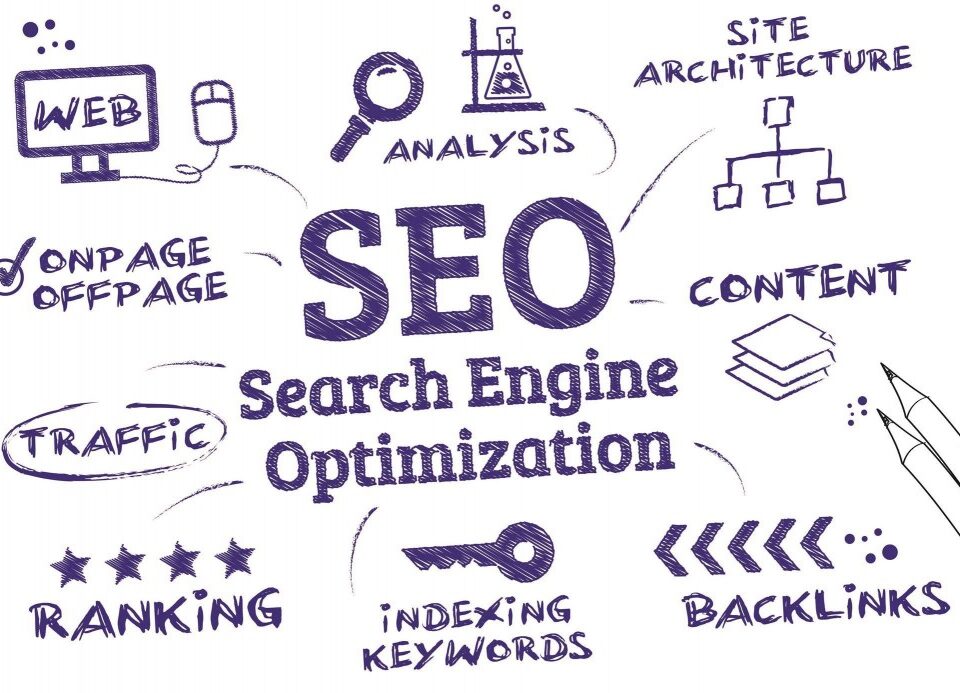3 short tips on how to rank your website better on google


Achieving first-page ranking on Google
March 26, 2024

SEO is ROCKING
April 29, 20241. **Quality Content is Key:** Ensure your website provides valuable, relevant, and original content that addresses the needs of your target audience. Regularly update your site with fresh content, including blog posts, articles, videos, and infographics. Google values high-quality content and rewards sites that offer authoritative and engaging material.
2. **Optimize On-Page Elements:** Pay attention to on-page optimization factors such as title tags, meta descriptions, headers (H1, H2, etc.), and URL structure. Incorporate relevant keywords naturally into your content, but avoid keyword stuffing. Make sure your website is easy to navigate and mobile-friendly, as user experience is increasingly important for SEO rankings.
3. **Earn Quality Backlinks:** Build a strong backlink profile by earning links from reputable and relevant websites in your industry. Focus on acquiring natural links through methods such as guest blogging, outreach to influencers, and creating shareable content. Quality backlinks signal to Google that your website is trustworthy and authoritative, which can positively impact your ranking in search results.



